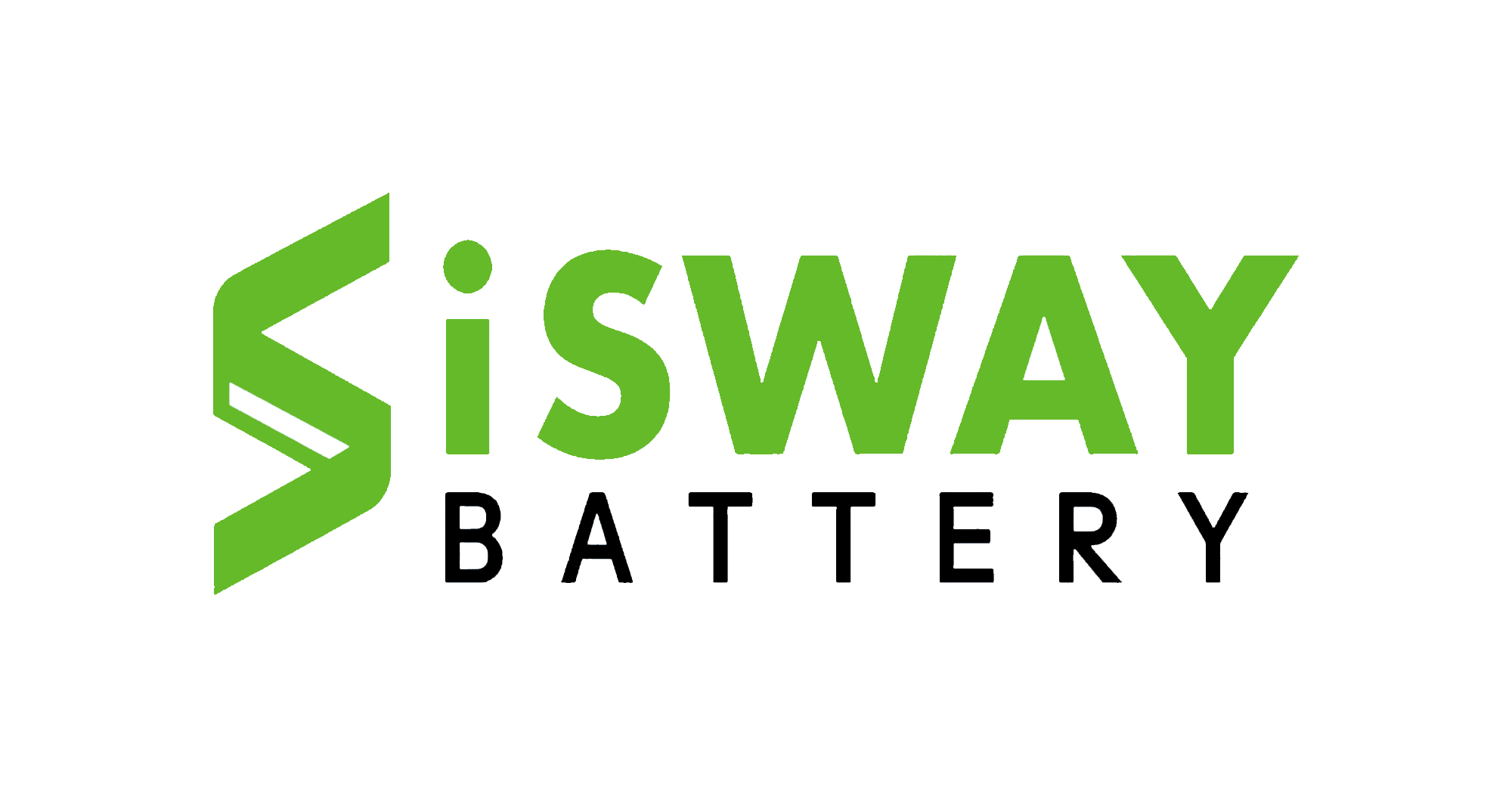Table of Contents
ToggleIntroduction
The demand for the 48V lithium battery is rising rapidly across industries like golf carts, solar systems, electric vehicles, and industrial machinery because it offers higher efficiency, longer lifespan, and lower maintenance than lead-acid batteries
Learn more about Lithium-ion battery basics (Battery University)
What is a 48V Lithium Battery?
A 48V lithium battery is a rechargeable power source that delivers 48 volts of electricity. It’s commonly built with LiFePO4 (Lithium Iron Phosphate) chemistry, known for its stability, safety, and long cycle life.
Unlike lead-acid batteries, which are heavy and degrade quickly, 48V lithium batteries are lightweight, fast-charging, and highly efficient.
See the U.S. Department of Energy – Energy Storage Technologies
Common Uses of 48V Lithium Batteries
- Golf Carts – smoother rides with longer runtime
- Solar Storage Systems – dependable renewable energy backup
- Electric Vehicles (EVs & E-bikes) – sustainable, high-power mobility
- Industrial Use – forklifts, pallet jacks, and server rack batteries
- Home Energy Backup – UPS and off-grid storage
Why Choose a 48V energy storage solution ?
Here’s why 48V lithium is replacing outdated battery types:
- Higher Efficiency – Delivers consistent voltage without performance drop.
- Lightweight Design – Easier to transport and install compared to lead-acid.
- Longer Lifespan – Up to 5x more cycles than traditional batteries.
- Fast Charging – Charges in a fraction of the time.
- Low Maintenance – No need for water refilling or acid checks.
Sisway Battery’s 48V solutions are built with advanced BMS (Battery Management System) for maximum safety and performance.
Battery Lifespan: What to Expect from 48V Systems
- Cycle Life: 2000–5000 charge cycles (5–10 years depending on usage)
- Lead-Acid Comparison: Only 300–500 cycles (2–3 years)
- Factors Affecting Longevity:
- (1) Charging practices
- (2) Operating temperature
- (3) Depth of discharge
A well-maintained Sisway 48V lithium battery can last up to a decade, making it a cost-effective investment.
Charging Your 48V System
- Charging Time: Typically, 3–5 hours for a full charge
- Best Practice: Use a lithium-compatible charger with BMS support
- Safety Tips:
- (1) Avoid overcharging
- (2) Charge at room temperature
- (3) Use manufacturer-recommended chargers
How Much Does a 48V Lithium Battery Cost?
The price depends on capacity (Ah) and application:
- Golf Cart Batteries (48V, 100Ah–200Ah): $900 – $2,000
- Solar Storage (48V rack batteries): $1,200 – $4,000
- Industrial (forklifts, pallet jacks): $2,500+
While upfront costs are higher than lead-acid, the total cost of ownership (TCO) is lower due to longer lifespan and reduced maintenance.
Key Features to Look for in a 48V LiFePO4 pack
Before buying, check for:
- Battery Capacity (Ah rating) – Determines runtime
- Built-in BMS – Protects against overcharge, discharge, and short circuit
- Warranty – At least 3–5 years for reliable performance
- Certifications – UL, CE, ISO for safety compliance
Sisway Battery offers certified 48V lithium batteries with strong warranties and long-lasting performance.
48V Lithium Battery vs. Other Battery Types
| Feature | Lithium (LiFePO4) | Lead-Acid | AGM / Gel |
| Lifespan | 2000–5000 cycles | 300–500 | 500–1000 |
| Weight | Lightweight | Heavy | Heavy |
| Efficiency | 95% | 70–80% | 80–85% |
| Maintenance | No | High | Medium |
| Cost (long-term) | Low | High | Medium |
Frequently Asked Questions
1. What is the runtime of a 48V lithium battery on a golf cart?
A 48V 100Ah lithium battery can power a golf cart for 25–40 miles per charge, depending on load and terrain.
2. Can I replace a 48V lead-acid battery with lithium?
Yes — lithium batteries are drop-in replacements, but you need a compatible charger.
3. How do I know when my 48V lithium battery is fully charged?
Most have an LED indicator or BMS app that shows battery status.
4. What is the weight of a 48V lithium battery?
Typically, 60–120 lbs, much lighter than lead-acid (150–300 lbs).
5. Are 48V lithium batteries safe?
Yes — LiFePO4 chemistry is non-toxic, non-flammable, and stable.
Buying Guide: Best 48V lithium module in 2025
When choosing the right battery:
- Check brand reputation
- Compare capacity vs. price
- Look for long warranties
- Ensure compatibility with your system
Sisway Battery stands out as a trusted supplier of 48V lithium batteries for golf carts, solar systems, and industrial use.
Maintenance Tips for 48V rechargeable unit
- Store at 50% charge if not used for long periods
- Keep in a cool, dry place
- Avoid deep discharges below 20%
- Use only recommended chargers
Future of 48V Lithium Batteries
- Growth in solar + battery storage systems
- Wider adoption in electric vehicles & industrial mobility
- Advances in solid-state lithium technology
- Focus on recycling and sustainability
Conclusion
A 48V lithium battery is a smart upgrade for anyone seeking reliable, long-lasting, and eco-friendly power solutions. Whether you’re powering a golf cart, solar setup, or industrial equipment, lithium delivers unmatched performance.
For high-quality and durable lithium power systems, Sisway Battery offers solutions designed to last for years, with excellent after-sales support.
Learn more about Lithium-ion battery basics


